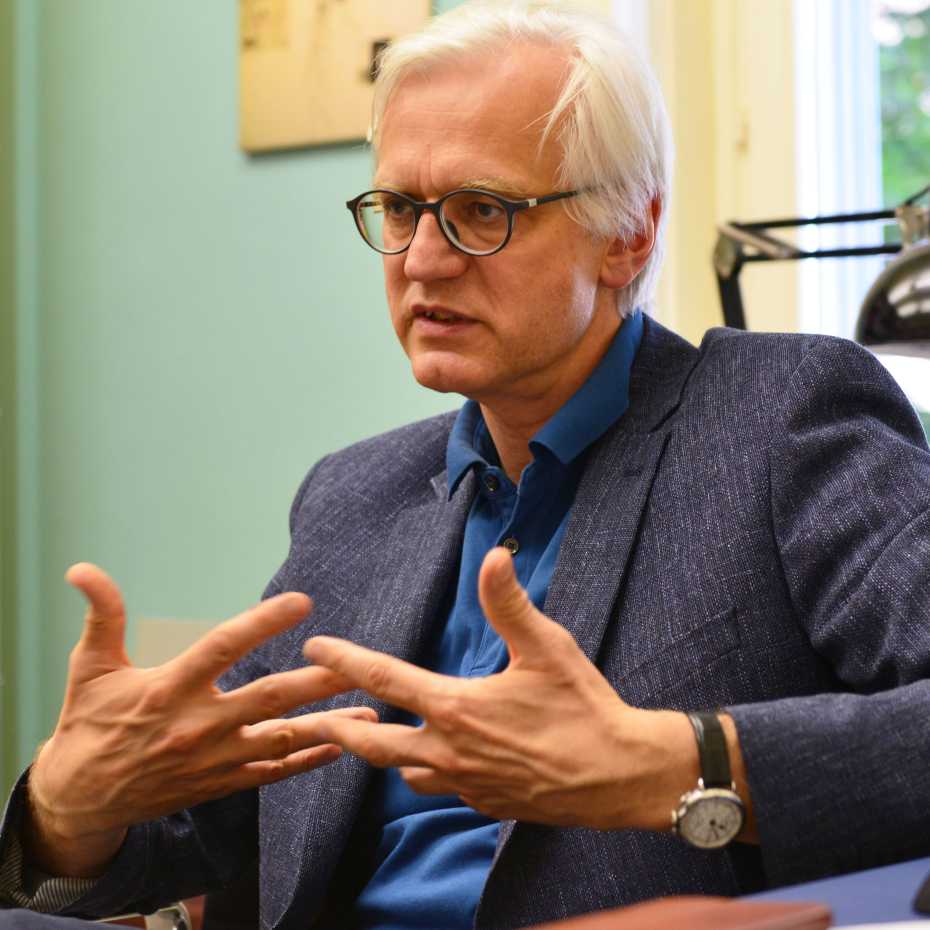
Love
A man sits alone in a pub. He smokes, drinks a glass of wine. You can hear conversations in the background. A woman says: “I played the mother, the older sister. I practically had an intern at home, I practically raised a 30-year-old. Why this guy, I wondered.”
Men laughingly talk about the pros and cons of “nice” and “not-so-nice girls”. “You do get better bitches if you have a bitch.”
“What is love?” asks the smoking, melancholic-looking, wine-drinking man. He reminds me of Fernando Pessoa, the Portuguese author of The Book of Disquiet, who turned down a woman’s marriage proposal because he wanted to devote himself entirely to writing, and saw no place for love in his life besides poetry. He is said to have drunk himself to death. Did he miss out on something? Does love dispel restlessness, the need to numb oneself? Does it close, or open our eyes?
A young couple squats next to each other on the beach, staring at the sea. They seem to have nothing more to say to each other. He hands her his cigarette without a word. She takes it without looking to the side. Then she stands up, looks at the sun, smiles a little.
A man and a woman stand in the dairy aisle at the supermarket, swiping through Tinder profiles on their cell phones. They are liking each other’s pictures, not realizing that the original of the photo they are looking at is right next to them. Then they keep swiping, looking for new pictures.
A man walks through the rain with a bouquet. He rings the doorbell of an apartment building. Nobody opens. Raindrops tear petals from his bouquet as he waits outside the house with soggy shoes.
An old couple sits silently on a bench under large trees by the lake.
A young girl stands on the edge of the roof of a skyscraper. She seems to be crying. In a moment she will leap. Birds soar and screech. Their calls echo off the walls of the skyscrapers.
A homeless man speaks to a headless mannequin and tells it to come with him: “Come home.”
A window cleaner and an office worker in a high-rise press their lips on the same part of the glass, facing each other.
A whispering couple. She asks: “What color do you think of when you think of yourself?” He says: “blue”. She giggles and asks: “What color do you think of when you think of me?” He says: “red”. She giggles again, “What color do you think of when you think of us?” He is silent.
These and other scenes of couples and lonely people are shown in the film “The Windshield Wiper“ by Alberto Mielgo . It is a film about the search of love for another person, the finding and disappearing of these loves and loved ones. Usually there is an erotic tension involved. But not always. There is the platonic love between friends, but who can perhaps better “stand up for each other” than two lovers. There is the love of parents for their children, which some consider the strongest and most unconditional because it needs no love in return.
And some love God or the world. Spinoza spoke of an “intellectual love” (Amor Dei Intellectualis), a love without longing, without desire, without fear of loss. Eros, agape, philia – these are different Greek words for love: for the burning love where one lacks a partner, for the condescending love of one being for another that asks for nothing, for the friendship that one can rely on.
Which loves do people need? Which ones are unavoidable? Should we avoid any at all? What is the right way to deal with love? Can there even be a “right” or “wrong” in love? In The God of Small Things, Arundhati Roy says that all submissive relationships between people come from trying to regulate their love. Is love a power game in which the participants try to figure out who can seduce whom, who needs the other more urgently, as Pierre Ambroise François Choderlos de Laclos’ Dangerous Liaisons seems to suggest?
Some go mad, or perish by a love, start drinking because they have been abandoned, become homeless because they can no longer pursue a profession due to the grief that has seized them. Others become euphoric because of love, are intoxicated, think they are capable of anything, feel immortal. Still others find the “meaning of life” in the “love of their life”. Is anyone right? Is anyone wrong? What is actually happening? Is the love of the world the goal of life that sages like the Stoics and Spinoza found? And how can you love the world?
How many hearts do you send out a day, and to whom, actually?
MH, Zurich 2023
Hilf uns dabei, eine weltumspannende Collage an Erfahrungsberichten zu Weisheitsthemen zu sammeln und miteinander ins Gespräch zu bringen.
Die Erde ist eine Scheibe. Zwei mal zwei macht vier. Viren gibt es nicht. Zucker kann Karies verursachen. Die Wirtschaften der Welt werden von einer unsichtbaren Hand zum größtmöglichen Glück aller gelenkt.
Wahrheiten und Unwahrheiten bestimmen unser Leben. Welche Wahrheiten sind überhaupt relevant? Welche Illusionen gefährden eine gelungene Lebensführung?
Der Tod ist groß.
Wir sind die Seinen
Lachenden Munds.
Wenn wir uns mitten im Leben meinen,
wagt er zu weinen
mitten in uns.
Liegt im Dao das Gute Leben verborgen? Wo muss ich es dann suchen? Was ist das Dao überhaupt?



